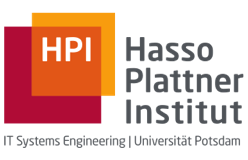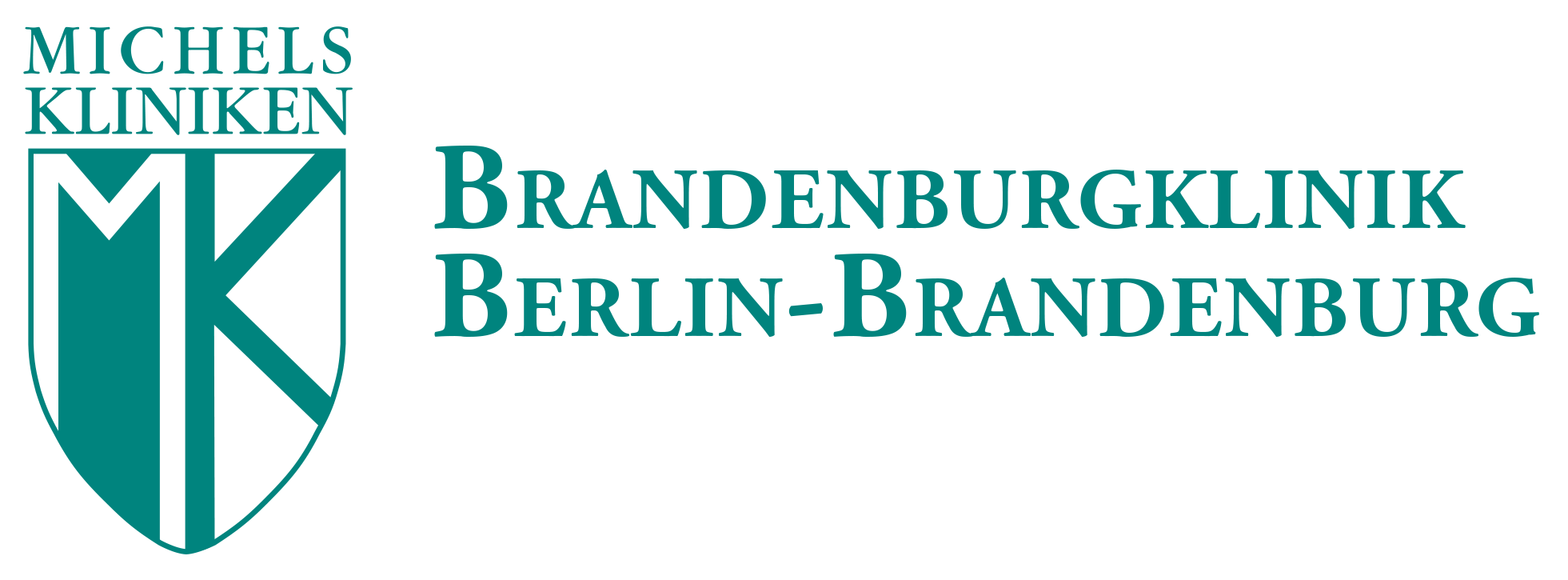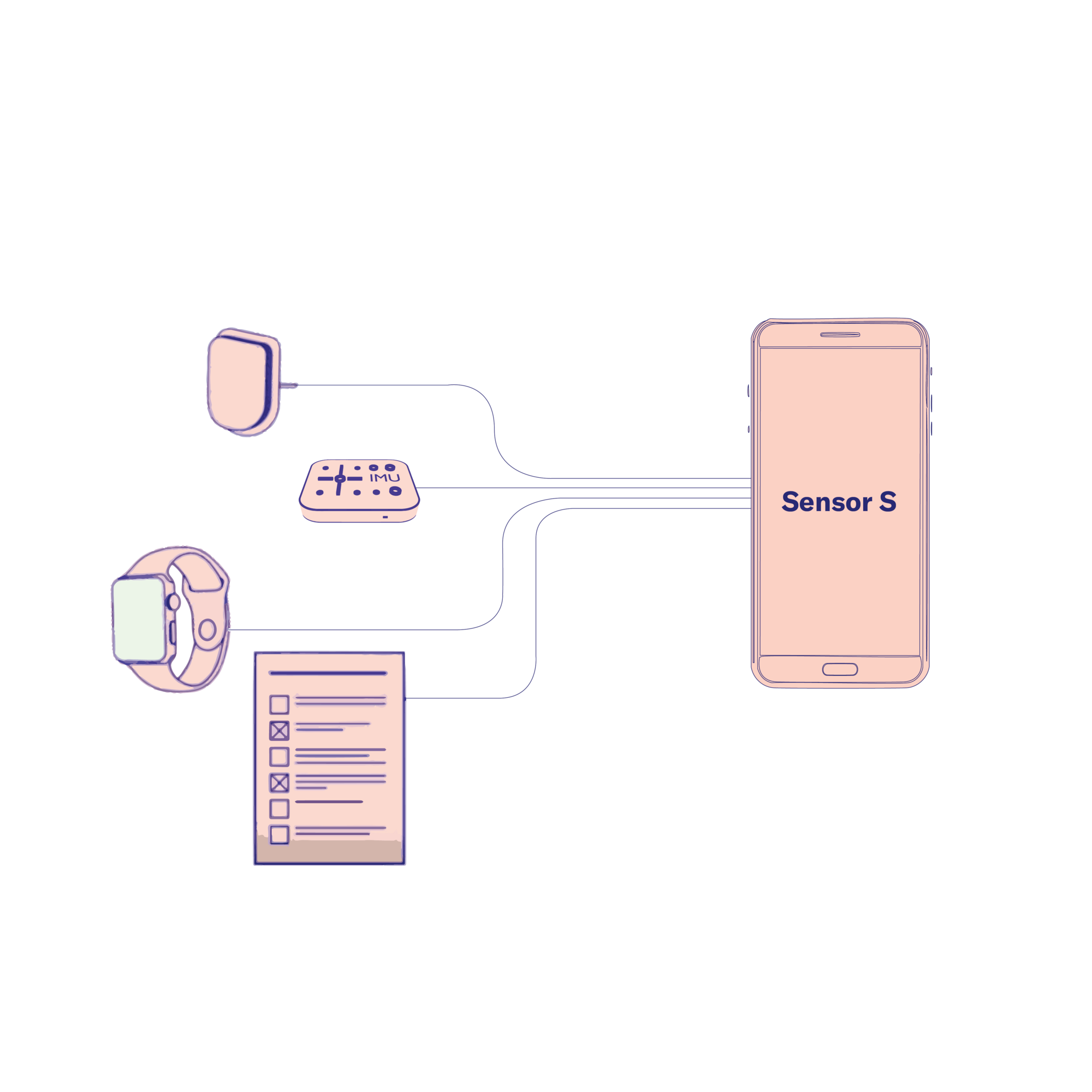Sensor-S Study
Effect of Wearable Sensors on Patient Engagement and Motivation in Post Stroke Rehabilitation.





The Sensor-S Study is a groundbreaking collaboration between the Neurology Department of Charité – Universitätsmedizin Berlin, Brandenburgklinik Berlin-Brandenburg, the Digital Health - Connected Healthcare group at the Hasso Plattner Institute, and Data4Life. The study aims to test an innovative rehabilitation therapy for stroke patients using wearable sensors.
Highlights of the study
- Participants: 156 stroke patients in clinics across Berlin and Brandenburg.
- Randomized Group Assignment: One group receives standard therapy, while the other additionally uses a mobile app and wearable sensors such as a smartwatch and continuous glucose monitor.
- Personalized Feedback: The app provides personalized feedback based on the collected health data, actively engaging patients in their rehabilitation process.
- Wearable Technology in Action: One of the study’s key innovations is the use of wearable sensors to perform detailed gait analysis, which helps assess patients' rehabilitation progress. This data provides valuable insights into recovery, allowing patients and clinicians to monitor improvements in real-time. The personalized feedback not only motivates patients to stay on track with their rehabilitation program but also supports medical professionals in optimizing therapy.
- Study Duration: The study spans six months with two main phases:
- Phase 1: Sensor usage during the hospital stay.
- Phase 2: Continued sensor usage after discharge.
- Comprehensive Data Collection: Data is gathered through physical assessments, movement sensors, and health questionnaires.
- Outcome of the Study: Patients‘ motivation and engagement in stroke rehabilitation will be assessed using standardized surveys and will be compared in both groups.
- Smartphone Use: Participants can use their own smartphones or receive a device, along with instructions on how to use the sensors and app.
Human-Centered Approach – Design Thinking & Collaboration
The study embraces a user-centered approach through Design Thinking principles. Stroke patients are at the heart of the design process, ensuring that technology meets their needs. The collaboration with the HPI School of Design Thinking brings together patients, researchers, and medical professionals, working in unison to create effective and intuitive solutions. The focus is on making the rehabilitation process more engaging and patient-friendly.
By leveraging cutting-edge technology and centering patients in the design process, the Sensor-S Study has the potential to revolutionize stroke rehabilitation. This study not only empowers patients with real-time feedback but also offers an innovative model for integrating wearables into the broader context of health research.
If you'd like to learn more about the study or explore how Data4Life’s solutions can support your research, don’t hesitate to reach out!
Read more:
DKRS (German Clinical Trials Register)
Springer Nature (Conferenz paper)
Frequently asked questions
I would like to get more details about the platform. Who can I contact?
Please send an email to b2b@data4life.care.


